Aussies fighting in Ukraine: What we know
Video of a former Melbourne man captured, hit and taunted by a Russian soldier in Ukraine has raised concern about his welfare – and how many other Aussies are caught up in the conflict.
World
Don't miss out on the headlines from World. Followed categories will be added to My News.
Officials are urgently seeking information about Oscar Jenkins, the Australian man fighting in Ukraine seen captured, hit and taunted by a Russian soldier in disturbing video.
Working through the embassy in Moscow, the government hoping for more clarity about Mr Jenkins’ case in the coming 24 hours.
The delicate diplomatic situation is further complicated by concerns about Russia seizing on the attention surrounding Mr Jenkins to fuel its propaganda efforts about the war in Ukraine.
Here’s what we know.
Who is the man who has been captured?
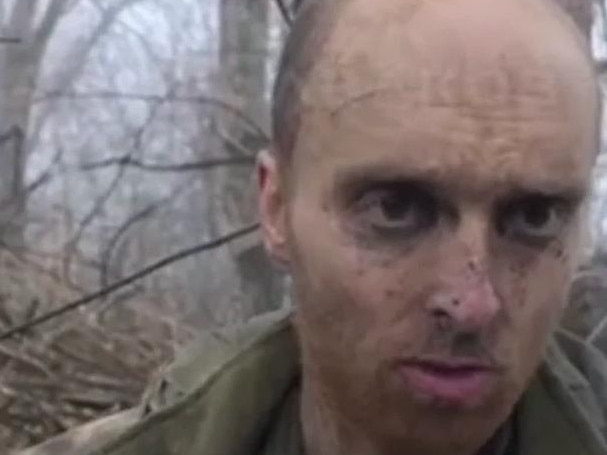
The Australian man featured in the disturbing video circulating on Telegram has been identified as Oscar Jenkins. He had reportedly been fighting in the Donbas region at the time of his capture.
In the clip, he states that he is 32 years old and works and studies in China.
Mr Jenkins is reportedly a former student of Melbourne Grammar, but had moved to the Tianjin region of China to study biology in 2015.
A Ukrainian security source told NewsWire that Mr Jenkins was fighting as part of the International Legion of Defence of Ukraine, a loose coalition of ex-soldiers and volunteer fighters drawn from other nations that was established shortly after Russia’s invasion.
Estimates of the number of foreign nationals fighting as part of the Legion vary. While Ukrainian President Volodymyr Zelensky has boasted some 16,000 foreigners had attempted to join, reports have suggested the figure is closer to 1500-2000.
Eugene Hawreshko from the Association of Ukrainians in Victoria said Mr Jenkins was not known to the organisation but they were attempting to find out more about him.
How many Australians are fighting in Ukraine?
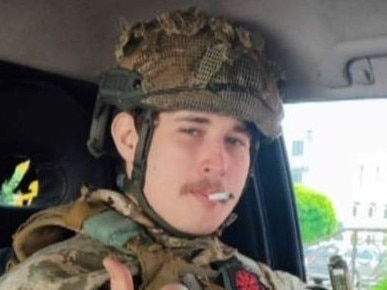
Mr Jenkins is not the first Australian revealed to be fighting against Russian’s invasion of Ukraine.
In July this year, it was reported that a 24 year old man from Queensland, Brock Greenwood, had been killed in the conflict.
Dave (not his real name), who had served with Matthew Jepson in the ADF and was also fighting in Ukraine, told the Townsville Bulletin that Jepson had put his safety on the line for an unknown Ukrainian soldier shortly before he was killed.
Mr Hawshreko said “No one really knows how many Australians have gone over to fight” as some of them “go in as visitors and end up in the armies”.
It was known that a number of ex-service members of the Australian Army had volunteered for the fight in Ukraine, but it is not known if Mr Jenkins had been in that category.
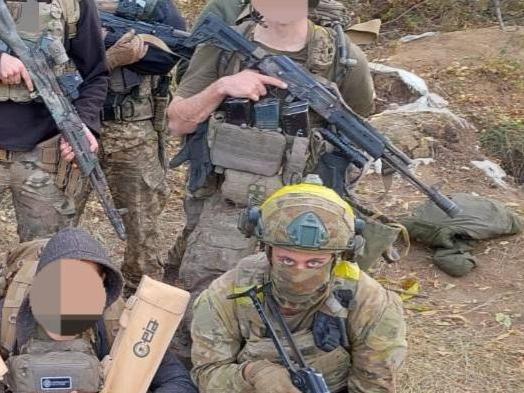
Just last week, The Australian reported on the issue of Australians fighting in Ukraine, with accompanying video featuring unmistakeable Australian accents.
More information is being sought from the Department of Foreign Affairs and Trade.
Australia’s travel advice for Ukraine explicitly states citizens should not travel to the war torn country under any circumstances.
“There is a serious risk to life,” the official federal government advice says.
The government’s Smart Traveller website also states Australian law “prohibits Australian citizens, residents, and holders of Australian visas from engaging in hostile activities overseas unless they are serving in the armed forces of a foreign country”.
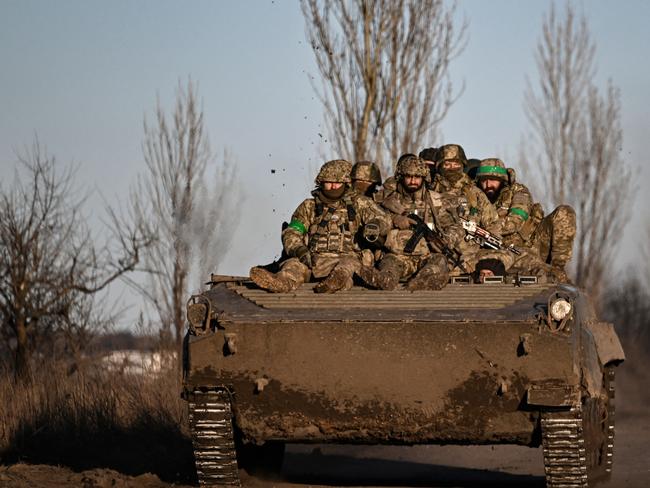
Any Australian who travels to Ukraine to fight with a non-government armed group on either side of the conflict, or who recruits another person to do so, is warned their activities “may amount to criminal offences”.
“Russian proxies have reportedly given foreign nationals extrajudicial death sentences for engaging in the war in Ukraine,” the Smart Traveller advice says.
What will happen to Mr Jenkins?
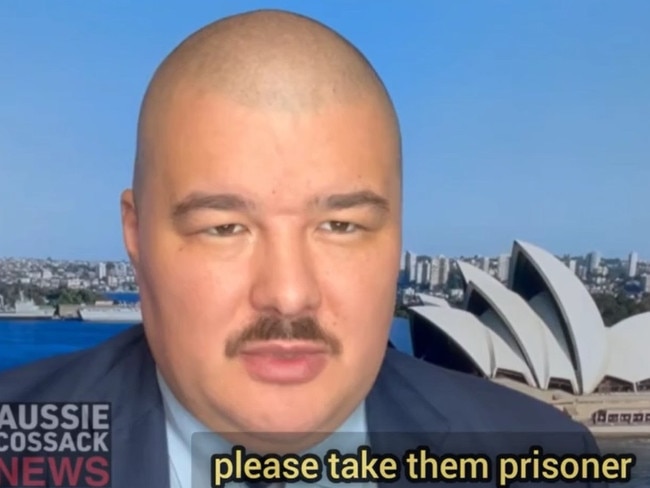
Speaking to reporters this morning, Prime Minister Anthony Albanese said the Australian embassy in Moscow was trying to ascertain the details of Mr Jenkin’s position, and condition. The government would make “appropriate representations,” he said.
“We know that the Russians often put out information that isn’t right,” he said.
“We always look after Australians,” he said.
A pro-Putin activist who has sought refuge in the Russian embassy for some months, Simeon Boikov, who has called himself “the Aussie Cossack”, has offered himself as a prisoner exchange with Mr Jenkins.
“The only way to keep Oscar Jenkins out of jail is for the Australian government to agree to a prisoner exchange deal, and guess what I’m offering,’’ he said on social media.
Some believe Mr Jenkins could have been deliberately targeted as an English speaker.
Retired army general Gus McLachlan said the Russians were likely monitoring communication between Ukrainian forces so they could target foreign voices.
“They will be seeking to either kill or capture these soldiers ... with [the] specific purpose of using them to convince the world that they are dominating,” he told the ABC.
“We also know that, of course, Ukraine and other countries then are willing to make additional concessions to get those soldiers back in prison exchanges.”




